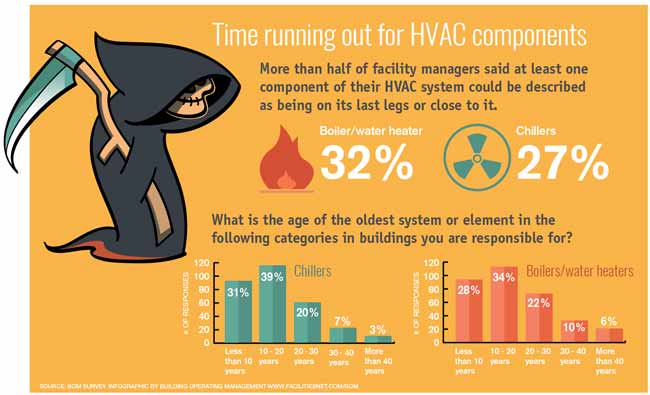Understanding The Results Of Weather On Heat Pump Capability And Exactly How To Minimize Them
Understanding The Results Of Weather On Heat Pump Capability And Exactly How To Minimize Them
Blog Article
Writer-Tuttle Regan
When it comes to your heat pump, weather condition plays a vital function in its efficiency. From freezing temperatures to sweltering heat, each aspect can influence how efficiently your system runs. However what can you do to battle these weather-related difficulties and ensure your heat pump is operating at its finest? Remain tuned to discover useful pointers and methods to enhance your heat pump's performance, regardless of the climate condition it encounters.
Climate Variables Affecting Heatpump Performance
Weather condition factors have a considerable effect on the efficiency of heat pumps. One vital aspect is temperature. Heatpump function by moving warm from outside to within during winter months and the other way around in summertime. As temperatures decrease, it ends up being harder for the heatpump to remove warm from the outdoors air, reducing its effectiveness.
One more key element is moisture. https://yorknewstimes.com/places/home_garden/builders_contractors/deck_patio/critel-enterprise-heating-air-conditioning-york-ne/business_4000111953.html can make it a lot more challenging for the heat pump to release warmth during the cooling procedure.
Additionally, wind speed contributes. Solid winds can dissipate the warmth absorbed or released by the heatpump, impacting its total performance.
Tips for Optimizing Heatpump Performance
To boost the effectiveness and long life of your heatpump, applying a few vital strategies can make a substantial difference in its efficiency.
To start with, guarantee routine upkeep by cleaning or replacing filters every 1-3 months to avoid air flow blockages and make best use of air movement. In addition, timetable annual professional assessments to detect and deal with any prospective concerns beforehand.
Ideal thermostat setups likewise play an essential duty. Throughout the winter months, go for a temperature setting that's as reduced as comfortable, and during the summer season, established it as high as comfy to lower the workload on your heatpump. Utilizing a programmable thermostat can help you immediately adjust settings based on your schedule.
Furthermore, securing leakages in ductwork and insulating ducts in unconditioned areas can protect against energy loss and improve overall system performance.
Last but not least, consider installing a wise thermostat that can discover your practices and change settings accordingly, additional optimizing your heat pump's efficiency. By following these tips, you can guarantee your heat pump runs successfully and efficiently throughout the year.
Best Practices for Weatherproofing Your Heatpump
For optimal performance and effectiveness of your heatpump, implementing weatherproofing measures is vital. Start by sealing any voids or cracks around doors, windows, and ductwork to stop heat loss and preserve a regular interior temperature.
Insulate revealed pipelines and air ducts to prevent freezing throughout cold weather and make certain appropriate airflow. Think about installing a protective cover over the outdoor unit to shield it from severe weather elements like snow, ice, and debris.
Routinely tidy the outside device to remove dirt, leaves, and debris that can obstruct air movement and reduce effectiveness. Additionally, maintain the location around the heatpump free from snow, ice, and vegetation to enable proper air flow.
simply click the up coming website page
Since you understand how climate impacts your heatpump efficiency, you can take aggressive steps to maximize its performance. By complying with the ideas described in this post, such as routine upkeep, thermostat adjustments, and weatherproofing steps, you can make sure that your heat pump operates at its finest despite the weather. Remain successful and keep your home comfortable all year round.
